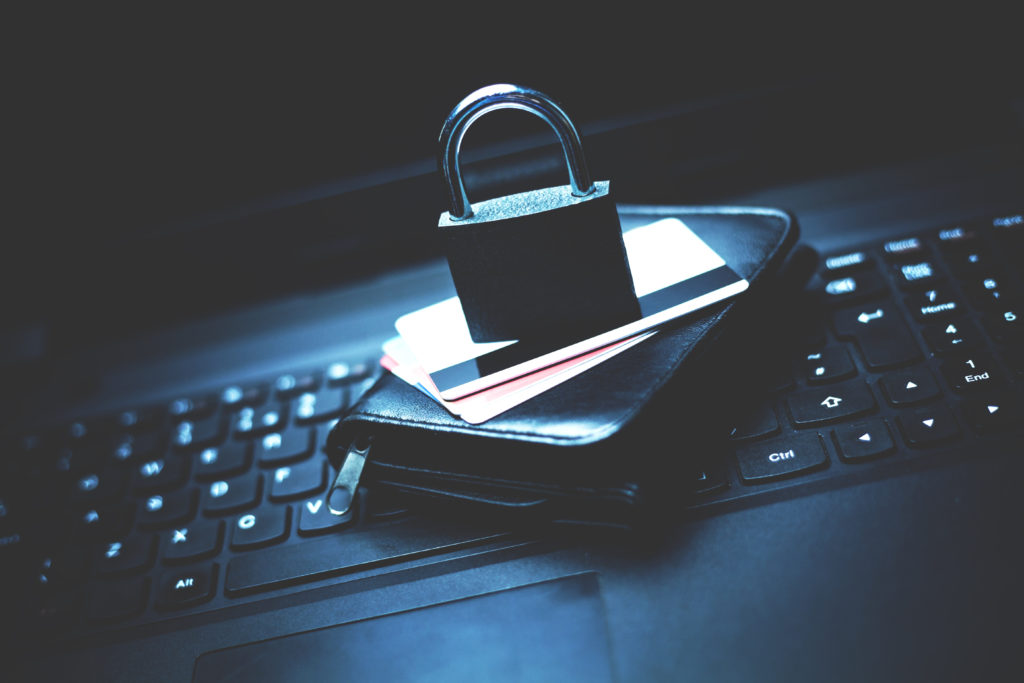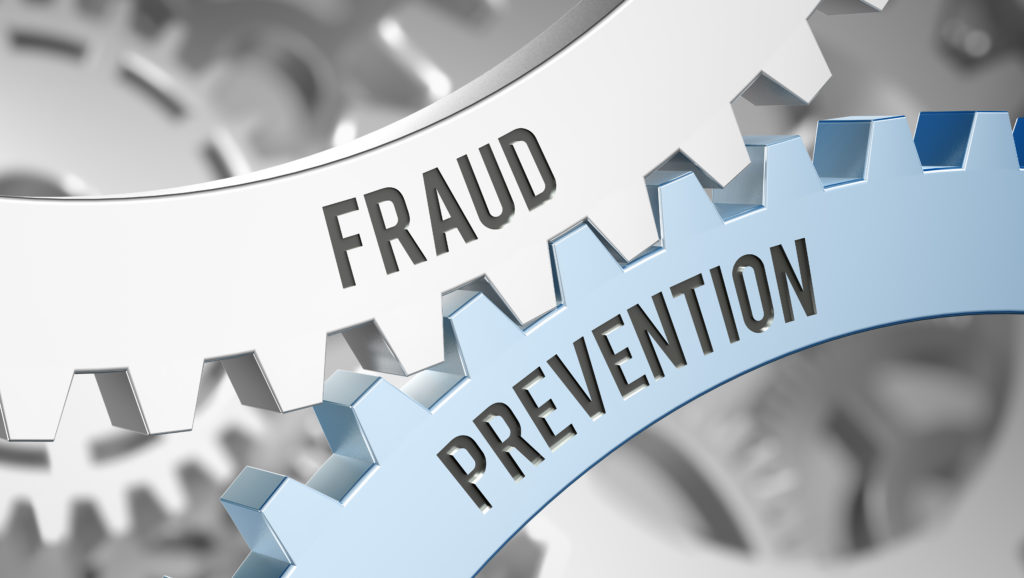Identity theft and financial fraud are terms used to describe crimes in which someone wrongfully obtains and uses another person’s personal data or financial information, typically for economic gain. This year alone, identity theft and fraud relating to electronic payments such as ATM and debit transactions and online purchases will strike millions of Americans.
Many people don’t realize how easily criminals can obtain personal data. For example, in public places criminals may listen in on your conversation or watch you from a nearby location as you punch in an account number or password. They may gain information about you by stealing unopened mail or sifting through documents that you have thrown away. IN recent years, the Internet has opened the door to a variety of means for criminals to obtain your personal data.
To minimize the chances that you fall victim to identity theft and financial fraud, it is vital that you recognize the various types of fraud and learn how to protect yourself against them. The following pages will help you safeguard your identity and protect your financial assets from fraud.

How to Protect Yourself
- Don’t reply to any unsolicited e-mail, pop-up message or phone call asking for your personal and/or financial information. You should be suspicious of anyone who contacts you with an urgent request for personal information. It is unlikely that legitimate businesses will ever engage in these practices.
- Don’t click on any e-mail link if you suspect the message is fraudulent, not even to “subscribe.” Instead, call the business using the number on the back of your card or on your monthly statement to confirm the legitimacy of the e-mail. Never send personal or financial information via e-mail.
- If you initiate an online transaction and are required to provide personal data, look for indicators that the Web site is secure, like the “https” in the URL or padlock icon. While these indicators do not ensure the security of the site or your personal data, sites without them should be avoided. You should also verify that the URL of the site you are visiting is displayed accurately in the address bar.
- Don’t let your debit card out of your sight when purchasing goods and services. Although credit card information can also be skimmed, the theft of your debit card data involves greater risk because it is associated with your share draft account.
- Use anti-virus software, anti-spyware and a firewall, and keep them up to date. Some phishing attacks contain software that can harm your computer or track your activities on the Internet without your knowledge.
- Review account statements regularly to verify all transactions. This review should include checking, savings and credit card accounts. Frequently log into your online accounts and review all activity. Immediately report any unauthorized activity to the account provider.
- Report all phishing attacks at once. Notify the FBI by filing a complaint on their Web site at www.ifccfbi.gov and forward the e-mail to: spam@uce.gov (Federal Trade Commission).
- Change your debit card PIN periodically. Although this is probably not a step you want to take frequently, it is a good idea to changed PINs periodically rather than using the same PIN year after year.
- If you have given out personal or financial information in response to a fraudulent request, report the incident to your account provider(s) as soon as possible. Keep a record of the names, account numbers and customer service numbers for necessary information you need to report a theft to the appropriate account provider(s). Also, report a theft to the three major credit-reporting agencies, Experian (888-397-3742), Equifax (800-525-6285) and TransUnion (800-680-7289).
- Review your credit report every year. According to the Fair and Accurate Credit Transaction Act (FACTA) of 2003, you are entitled to one free credit report each year. In addition, you may also obtain a free credit report if you are a victim of identity theft. To request your free credit report, call 877-322-8228, log on to www.annualcreditreport.com or write Annual Credit Report Request Service at P.O. Box 105281, Atlanta, GA 30348-5281.
Additional Steps You Can Take to Prevent Financial Fraud

- Shred all personal and/or financial documents before disposing of them
- Destroy unused credit, ATM and debit cards
- Remove mail promptly from your mailbox
- Match receipts to monthly billing statements
- Memorize PINs, passwords and Social Security numbers
- Use longer, more complex PINs and change them periodically
- Sign all credit cards and debit cards immediately
- Notify financial institutions of address changes in advance
- Immediately report any unauthorized activity or phishing scams
- Look closely at ATMs to detect any suspicious alterations before using them
- Never use your PIN as a password




